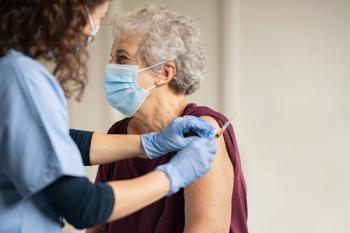
The new presentation of Shingrix will allow for easier administration.

Brooklyn Morgan, PharmD, discusses the transformation of pharmacy practice from a regulatory model to a more flexible approach.

Researchers conducted a review of pharmacist interventions and their ability to impact the outcomes of patients with COPD.

The 2 corporations formed the Bristol Myers Squibb-Pfizer Alliance and will be offering discounted Eliquis to eligible patients starting September 8, 2025.

Jennifer Clements, PharmD, FCCP, FADCES, BCPS, CDCES, BCACP, BC-ADM, discusses how pharmacists can collaborate with providers to optimize insulin therapy.

Thomas Sherrer, PharmD, emphasizes teamwork and technology in inventory management to enhance patient safety and reduce medication errors.

Researchers examined the factors attributed to self-reported resilience among diverse and community-dwelling adults during the COVID-19 pandemic.

Investigators find that the phase 2 trial supports the further development of MK-8527 as an HIV pre-exposure prophylaxis.

New research findings reveal amoxicillin's effectiveness varies in treating invasive pneumococcal disease, highlighting the importance of patient-specific factors in antibiotic therapy.

Researchers characterized trends in COVID-19 hospitalizations by race and ethnicity among children from March 2020 to September 2023.
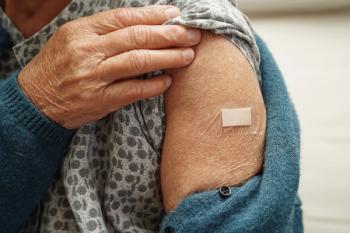
Older adults are more likely to have chronic diseases, such as lung or heart disease, which makes them more susceptible to invasive pneumococcal disease.

Thomas Sherrer, PharmD, advocates for a team-driven, tech-enhanced approach to pharmacy inventory management, boosting patient care and operational efficiency.
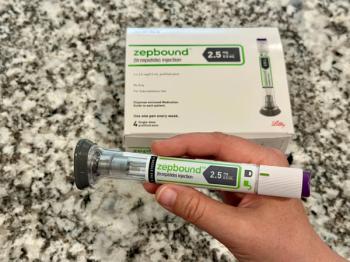
Recent study data showed that 45% of women treated with both therapies achieved at least 20% total body weight loss.
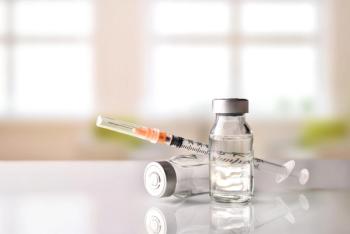
Jennifer N. Clements, PharmD, FCCP, FADCES, BCPS, CDCES, BCACP, BC-ADM, discusses how pharmacists can help patients manage insulin.

Researchers addressed the current trends in prescription drug use and spending among Medicare Advantage beneficiaries during the first year of clinician access to a real-time prescription benefit tool.

Investigators find that erenumab, a calcitonin gene-related peptide (CGRP) receptor monoclonal antibody, is not a preventive treatment for chronic cluster headache.

Researchers investigated the timing of hypertension diagnosis, exploring its association with medication prescribing and long-term cardiovascular outcomes.

Congressman Buddy Carter (R-GA) champions the PBM Reform Act of 2025, aiming to enhance drug price transparency and empower pharmacists in healthcare delivery.

Diana Isaacs, PharmD, BCPS, BCACP, BC-ADM, CDCES, discusses how diabetes advancements like GLP-1s and CGM have impacted the management of insulin.

Researchers assessed the difference between hidradenitis suppurativa and other skin conditions regarding the initiating events, inflammatory signature, and molecular and clinical features of each disease.

Investigators said they hope the findings contribute to greater awareness that premenstrual disorders can have long-term health consequences.

Researchers conducted a retrospective cohort study to understand pneumococcal disease patterns, vaccine coverage, and the overall burden of the disease in adults in France.

Pharmacists left the conference with fresh ideas, renewed confidence, and a strong sense that they're not in this alone.
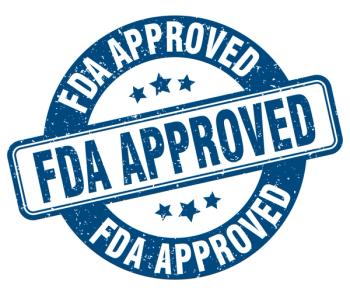
The approval is based on the FINEARTS-HF (NCT04435626), showing that the drug achieved a 16% relative risk reduction of cardiovascular death and total heart failure events.

Michael Kleinrock from IQVIA joined Drug Topics to discuss his company’s recently released report, Understanding the Use of Medicines in the US 2025.

Researchers conducted a narrative review of the insulins available for diabetes management and which pharmacological options are best in the perioperative period and within clinical care.

Researchers explored the global disease burden of allergic-related skin diseases from 1990 to 2021 and projected future disease trends.
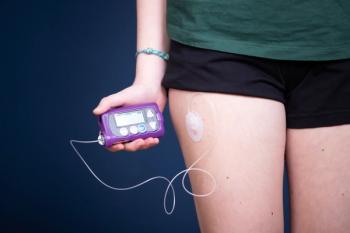
Diana Isaacs, PharmD, BCPS, BCACP, BC-ADM, CDCES, joins Drug Topics to discuss her extensive background in managing patients’ insulin regimens.

Pharmacists can transform from only being prescription dispensers to health care hubs that offer comprehensive patient care and generate innovative revenue streams.

Researchers conducted a content analysis to identify pharmacy benefit manager legislation supported by the NCPA and assessed whether or not it would benefit rural pharmacies and patients.